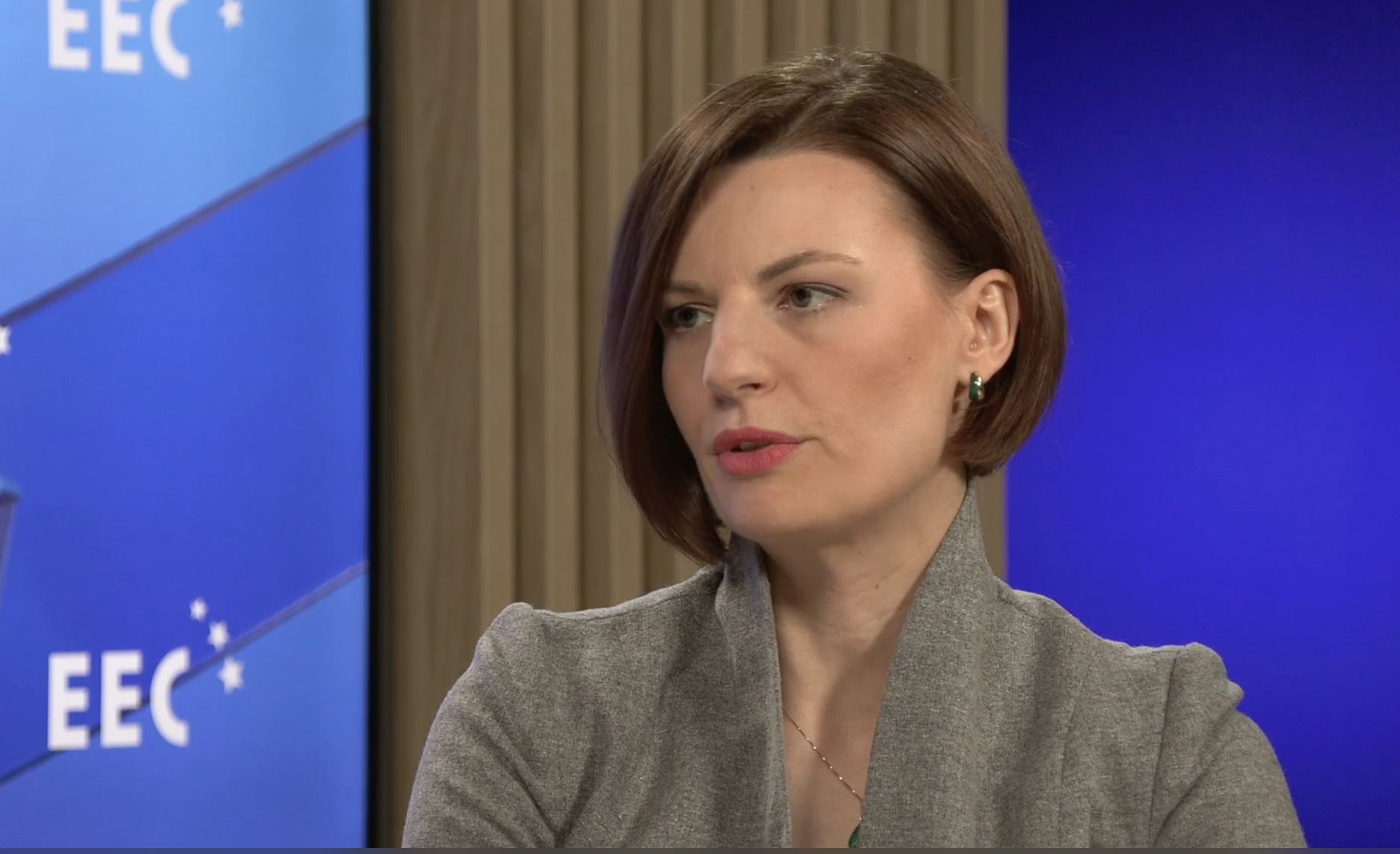How to stop innovation in Poland? "The biggest profits flow overseas"

- - No reasonable person will decide on a long-term project in a country where it is not known what regulations will be in force in a month - emphasizes attorney Katarzyna Stabińska from the Ślązak, Zapiór i Partnerzy law firm in an interview with WNP conducted during the European Economic Congress .
- The Polish market turns out to be too small and the European one too inconsistent to compete with the American financing model, the expert notes.
- - It often happens that innovators, especially those coming from a scientific environment, are not prepared to run a business. They receive funding, but they have no idea how to translate the innovation into a market model. In such cases, money can be wasted - emphasizes the lawyer.
Poland is losing not only ideas, but also money. More and more promising startups are moving their operations abroad , especially to the United States. With them, technological potential, staff and future profits are leaving.
- We see a systematic outflow of innovative projects, mainly to the US - says attorney Katarzyna Stabińska from the Ślązak, Zapiór i Partnerzy law firm. - These are not only capital investments. Most often, the entire project is transferred abroad, and with it technology, business, human potential and profits.
The reason? The lack of a stable, well-designed environment for technology companies to grow .
- The state should create foundations that will allow private investors to operate effectively. It is not about manually controlling the market, but about ensuring conditions in which the market can grow organically - the lawyer emphasizes.
In her opinion, the Polish market is too small and the European one too inconsistent to compete with the American one .
- Until Europe creates uniform solutions for the capital market, startups will look for opportunities where the market works more efficiently - says attorney Stabińska.
As our interviewee argues, public grants will not replace knowledge and competences .
- It often happens that innovators, especially those coming from a scientific environment, are not prepared to run a business. They receive funding, but they have no idea how to translate the innovation into a market model. In such cases, money can be wasted - notes the lawyer.
That is why, in her opinion, models combining public and private capital, such as those developed by, for example, Bank Gospodarstwa Krajowego, are so important.
- Every złoty of private capital added to public funds increases the chance of success. For the investor, this means lower risk, and for the startup, real value - emphasizes Stabińska.
Another key impediment to innovation, he says, remains legal instability .
- The lack of legislative predictability, especially in the area of taxes, effectively discourages investment. No reasonable person will decide on a long-term project in a country where it is not known what regulations will be in force in a month - emphasizes the expert.
The world is changing and investors are reacting immediatelyGeopolitical turbulence, such as the war in Ukraine or trade tensions, directly affects investment decisions.
- Funds operate cautiously today. They examine the origin of capital, examine supply chains, and analyze possible applications of technology. It is not only innovation that counts, but also safety and usability - says attorney Stabińska.
Not long ago, dual-use technologies, i.e. civilian and military, were a sensitive topic. Today, they are becoming an asset.
- In the context of growing pressure on security, innovations supporting defence are becoming more and more attractive to investors - notes the expert.

Investment companies at state-owned companies are a controversial topic, burdened with many risks. In theory, such a solution may be promising, as it could enable long-term investments, use synergy effects and support necessary technological solutions that are key from the perspective of, for example, security, but too unattractive or too risky for a private investor.
In practice, however, attaching venture capital investments to state-owned companies does not work. The companies lack competence in managing such entities and decision-making and operational agility, while there is too much security in making investment decisions, excessive formalism and the risk of politicization.
wnp.pl





